Translating up to 50 sentences at once, it’s about as accurate as human transcription.
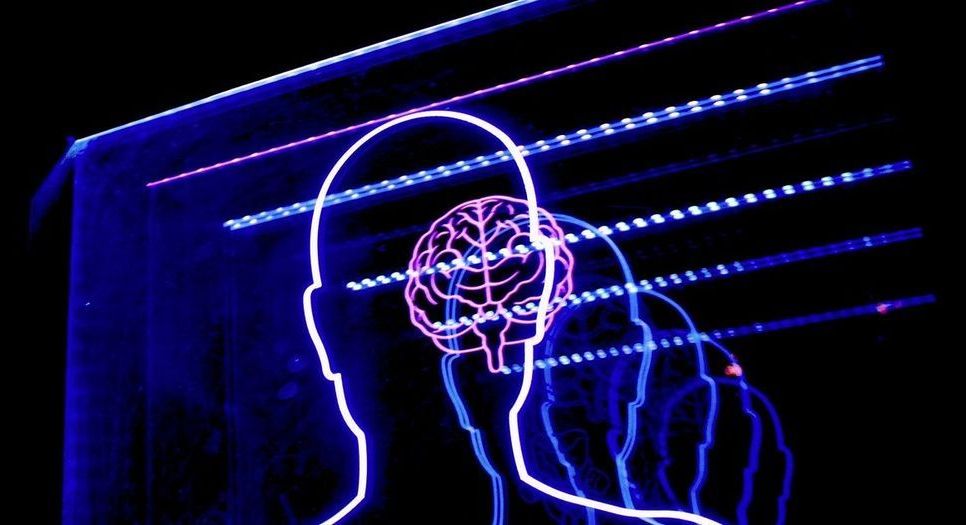

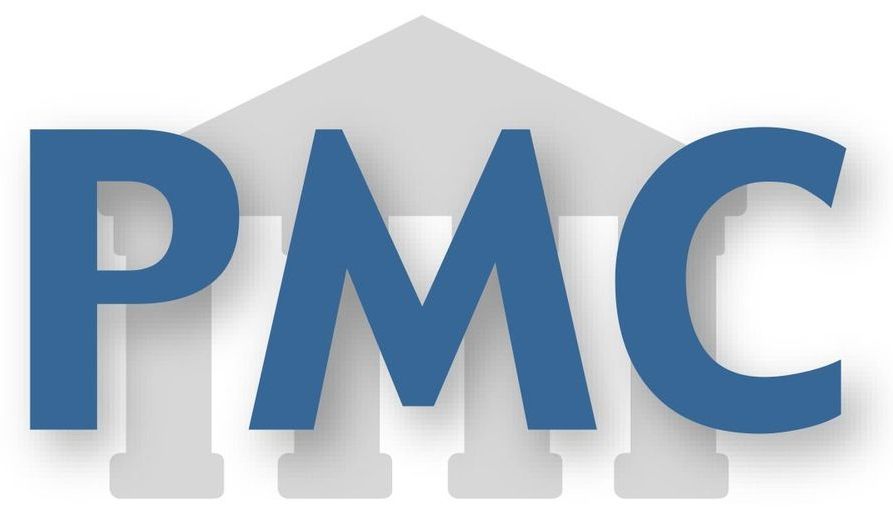
Many virus infections elicit vigorous host immune responses, both innate and acquired. The immune responses are frequently successful in controlling and then clearing the virus, using both cellular effectors such as natural killer (NK) cells and cytolytic T lymphocytes and soluble factors such as interferons (IFNs). However, some immune responses lead to pathologic changes or are unable to prevent the pathogen’s growth. This review will not be devoted to the different strategies viruses have taken to promote their transmission or survival but rather to one aspect of the innate immune response to infection: the role of nitric oxide (NO) in the antiviral repertoire. Recently, data from many laboratories, using both RNA and DNA viruses in experimental systems, have implicated a role for NO in the immune response. The data do not indicate a magic bullet for all systems but suggest that NO may inhibit an early stage in viral replication and thus prevent viral spread, promoting viral clearance and recovery of the host.
The earliest host responses to viral infections are nonspecific and involve the induction of cytokines, among them, IFNs and tumor necrosis factor alpha (TNF-α). Gamma IFN (IFN-γ) and TNF-α have both been shown to be active in many cell types and induce cascades of downstream mediators (reviewed in references 25, 34, and 41). Others have found that NO synthase type 2 (NOS-2, iNOS) is an IFN-γ-inducible protein in macrophages, requiring IRF-1 as a transcription factor (12, 17). We have observed that the isoform expressed in neurons, NOS-1, is IFN-γ, TNF-α, and interleukin-12 (IL-12) inducible (20). Thus, NOS falls into the category of IFN-inducible proteins, activated during innate immune responses.
NO is produced by the enzymatic modification of l-arginine to l-citrulline and requires many cofactors, including tetrahydrobiopterine, calmodulin, NADPH, and O2. NO rapidly reacts with proteins or with H2O2 to form ONOO−, peroxynitrite, which is highly toxic (Fig. (Fig.1). 1 ). NO also readily binds heme proteins, including Hb and its own enzyme.
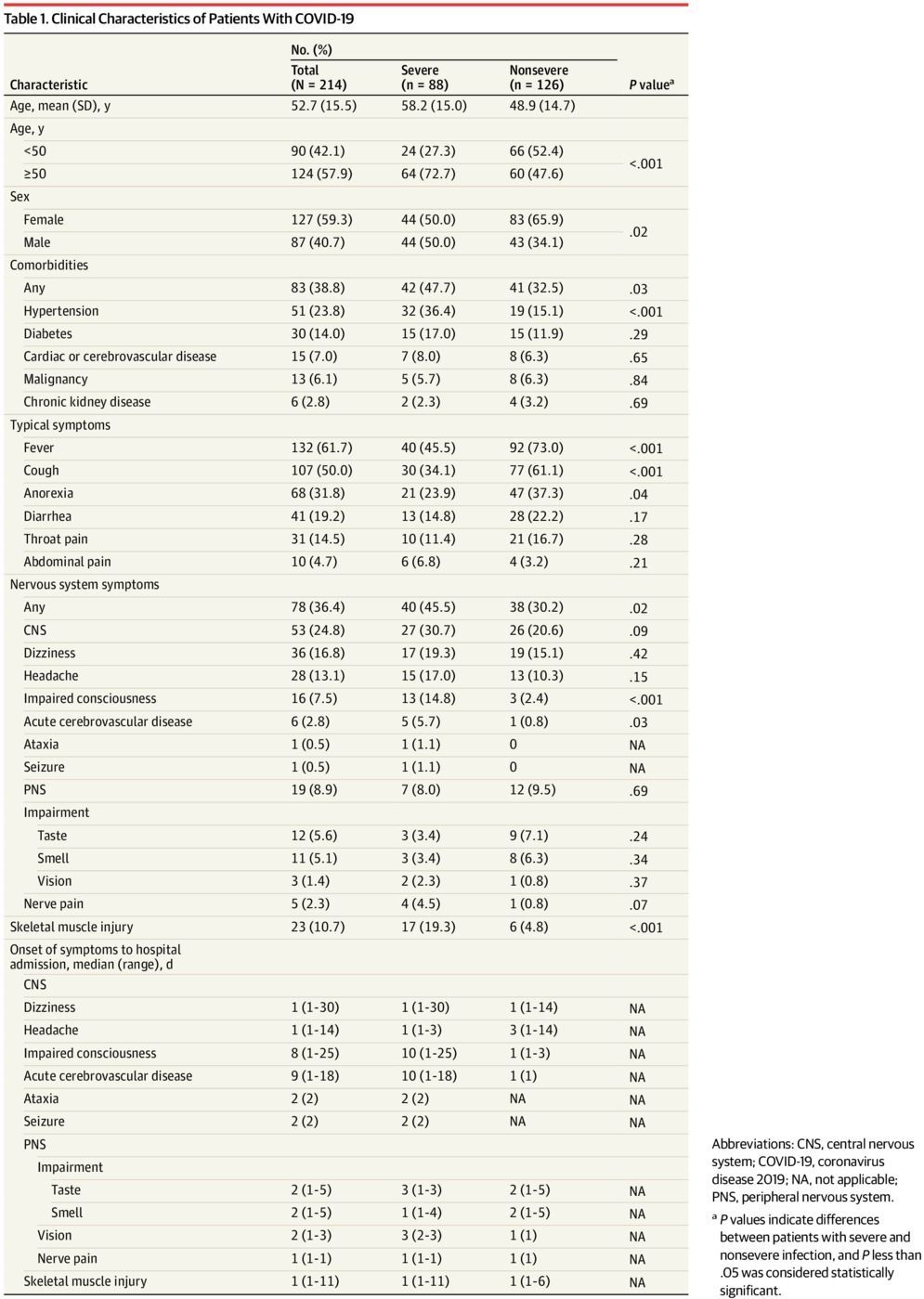
Findings In a case series of 214 patients with coronavirus disease 2019, neurologic symptoms were seen in 36.4% of patients and were more common in patients with severe infection (45.5%) according to their respiratory status, which included acute cerebrovascular events, impaired consciousness, and muscle injury.
Published Online: April 10, 2020. doi: 10.1001/jamaneurol.2020.1127
Author Contributions: Dr B. Hu had full access to all of the data in the study and takes responsibility for the integrity of the data and the accuracy of the data analysis. Drs Mao, Jin, M. Wang, Y. Hu, Chen, He, and Chang contributed equally and share first authorship.
Concept and design: Mao, Jin, Y. Hu, He, Miao, B. Hu.
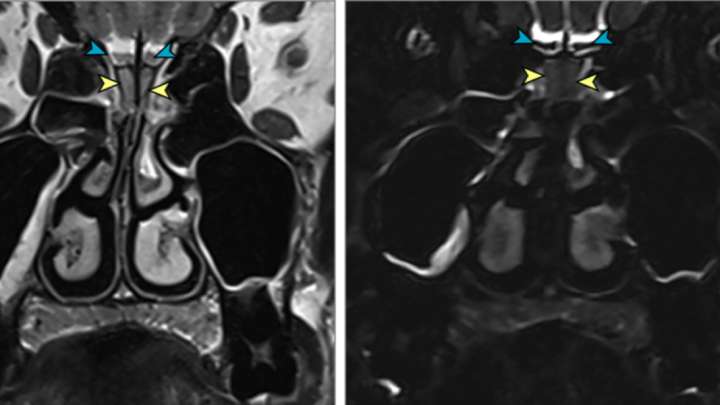
A woman in her forties has become the latest known case of SARS-CoV-2 infection associated with a “sudden and complete” loss of smell. Known as anosmia, loss of smell is regarded as one of the tell-tale signs of COVID-19.
When an odor enters the nose, neurons in the nasal cavity send messages to the olfactory bulb, a structure in the front part of the brain. These signals are then shipped off to different parts of the brain, leading some medical experts to wonder whether the novel coronavirus could cause adverse neurological reactions.
But how could a virus associated with respiratory infections impact the brain? Researchers are trying to find out. Dr Serena Spudich, a neurologist at the Yale School of Medicine specializing in infectious diseases, says that it is too early to say definitively whether SARS-CoV-2 directly infects the brain but limited data suggests it is a possibility.
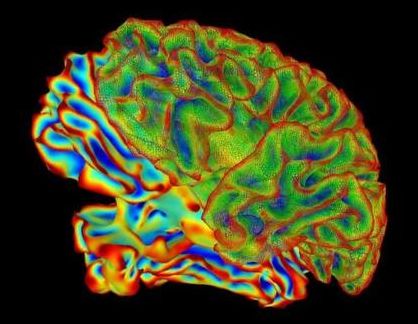
I rarely use the words transformative or breakthrough for neuroscience findings. The brain is complex, noisy, chaotic, and often unpredictable. One intriguing result under one condition may soon fail for a majority of others. What’s more, paradigm-shifting research trends often require revolutionary tools. When we’re lucky, those come once a decade.
But I can unabashedly say that the 2010s saw a boom in neuroscience breakthroughs that transformed the field and will resonate long into the upcoming decade.
In 2010, the idea that we’d be able to read minds, help paralyzed people walk again, incept memories, or have multi-layered brain atlases was near incomprehensible. Few predicted that deep learning, an AI model loosely inspired by neural processing in the brain, would gain prominence and feed back into decoding the brain. Around 2011, I asked a now-prominent AI researcher if we could automatically detect dying neurons in a microscope image using deep neural nets; we couldn’t get it to work. Today, AI is readily helping read, write, and map the brain.
New hope for stroke patients as scientists find way to restore mobility and touch using human stem cells to recreate nerve connections in damaged rat brain…
Scientists have found a way to restore mobility and touch in rats after a stroke using human stem cells to recreate nerve connections in damaged brains — offering patients a new hope.
The study — conducted on rats — showed that the new cells could repair the damage caused by a stroke within six months of being transplanted into the brain.
However, the researchers caution that there is much work to be done before the procedure can be considered suitable and safe to try in human patients.
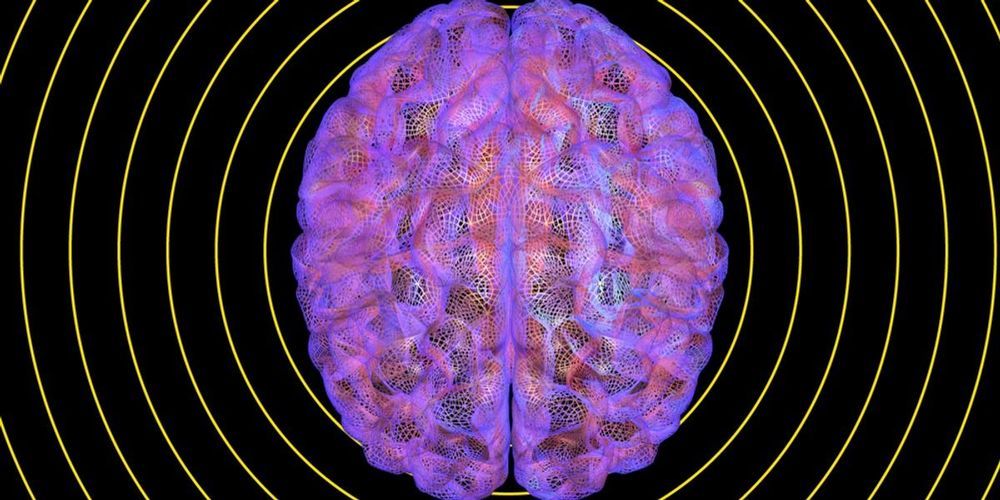

Resveratrol may reduce aging within the brain.
Deficits in the cerebral microcirculation contribute to age-related cognitive decline. In a pilot study of postmenopausal women, we found that supplementation with a low dose of resveratrol, a phytoestrogen, for 14 weeks improved cerebrovascular and cognitive functions. We have since undertaken a larger, longer term study to confirm these benefits. Postmenopausal women aged 45–85 years (n = 129) were randomized to take placebo or 75 mg trans-resveratrol twice daily for 12 months. Effects on cognition, cerebral blood flow, cerebrovascular responsiveness (CVR) and cardiometabolic markers (blood pressure, diabetes markers and fasting lipids) were assessed. Compared to placebo, resveratrol improved overall cognitive performance (P < 0.001) and attenuated the decline in CVR to cognitive stimuli (P = The latter effect was associated with reduction of fasting blood glucose (r = P = This long-term study confirms that regular consumption of resveratrol can enhance cognitive and cerebrovascular functions in postmenopausal women, with the potential to slow cognitive decline due to ageing and menopause. View Full-Text.
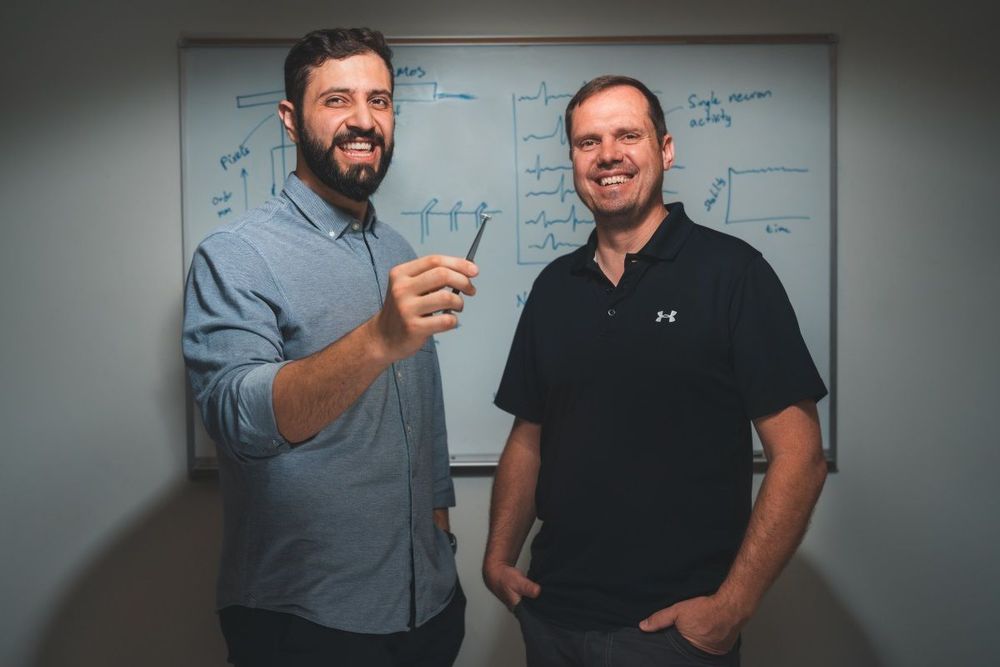
Presence and location of gray matter in the brain may indicate whether acupuncture is an effective method of treating migraine without aura, according to a study published in Frontiers in Neurology.
Presence and location of gray matter (GM) in the brain may indicate whether acupuncture is an effective method of treating migraine without aura (MwoA), according to a study published in Frontiers in Neurology.
In many countries acupuncture is used as a treatment for migraine, but there is insufficient evidence to claim it is effective for all migraineurs. According to researchers, “about 50% of patients do not achieve substantial improvement after acupuncture.” However, determining which patients may benefit from acupuncture will prevent nonresponders from undergoing time-consuming and unsuccessful treatment.